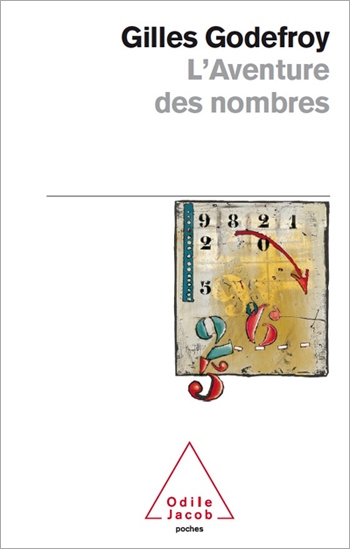Science All books
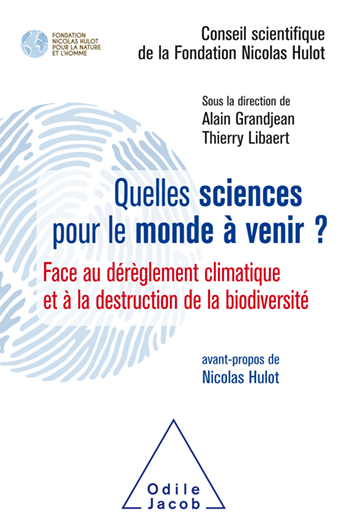
Nicolas Hulot Foundation For Nature And Mankind, Alain Grandjean, Thierry Libaert
Science for the World to Come Facing Climate Change and the Destruction of Biodiversity
This book will be published to coincide with the thirtieth anniversary of the Fondation Nicolas Hulot.

Jean-Louis Dessalles, Cédric Gaucherel, Pierre-Henri Gouyon
The Thread of Life The Immaterial Side of Existence
A true revolution in the understanding of life, the thesis put forward here is based on the scientific concept of information, the operation of detection and reading carried out by every living being.
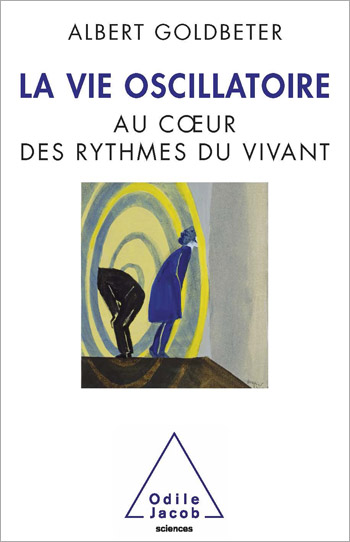
Albert Goldbeter
Oscillating Life At the Heart of Life Rhythms
This book offers the first synthesis of existing knowledge on the rhythms of life, as observed at different levels of biological organisation.
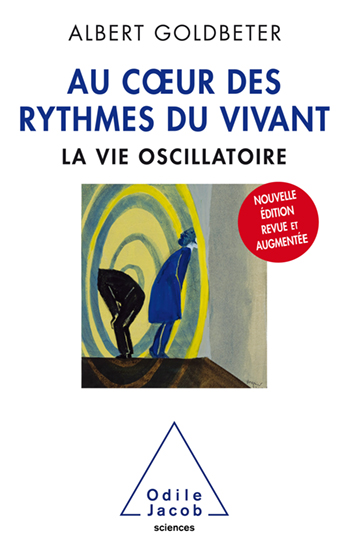
Albert Goldbeter
At the Heart of Life Rhythms Oscillating Life
A thorough review of all the mechanisms that regulate the principal life rhythms. In a jargon-free style this book examines the origin of various types of oscillation and shows what unites them, beyond their specific mechanisms.
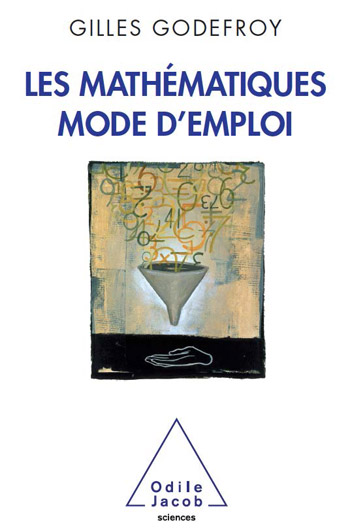
Gilles Godefroy
Mathematics: A How-to Guide
“Most of us first discovered mathematics at primary school. But instead of those intimidating syllables...
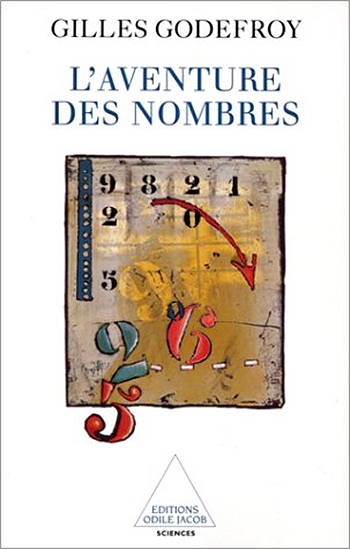
Gilles Godefroy
The Adventure of Numbers
Numbers never cease to fascinate. The Adventure of Numbers recounts the history of the gradual discovery of numerical characteristics, from the early days of arithmetic to the most sophisticated recent issues: Could a robot be created that would reduce all mathematics to simple sums? Are we sure that arithmetic does not conceal contradictions? Can all mathematical truths be demonstrated? The surprising answers given by Gilles Godefroy are the latest in an on-going saga that will doubtless continue to astound us. Mathematician Gilles Godefroy is a research director at the French Centre National de la recherche scientifique (CNRS).
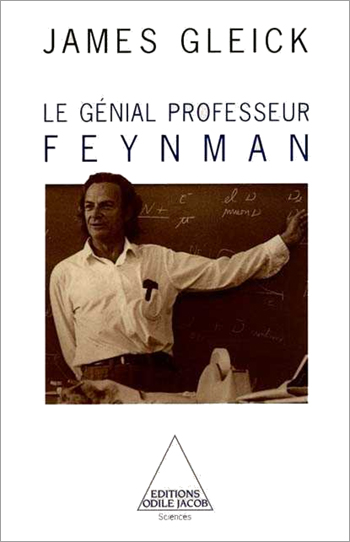
James Gleick
Genius: Richard Feynman and Modern Physics
Richard Feynman, Nobel Prize winner for his work on the description and calculation of interactions between particles, was a genius of our time. Quantum physics theoretician, enfant terrible of the Manhattan project and ascerbic critic of the investigative committee of the American space shuttle, Feynman left a profound impression on modern physics. James Gleick, a former journalist at The New York Times and author of the best-selling Chaos Theory, tells how Feynman's ideas were formed and how he reinvented particle physics. Through this portrait, Gleick explores the nature of genius itself and provides insight about the fascination that it engenders.

